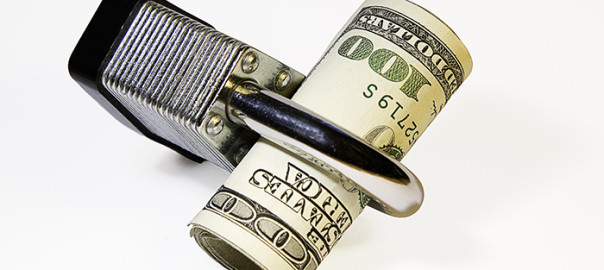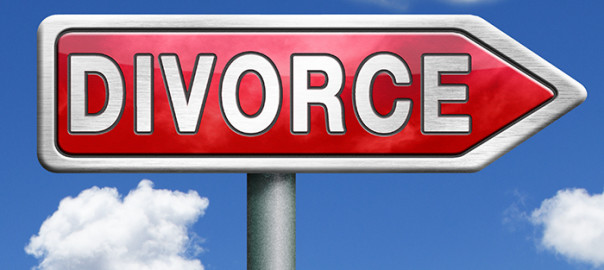ou’ve worked hard all your adult life. Maybe you’ve built up your savings, you’ve acquired additional properties or you’ve built a portfolio of other valuable assets. At this point in your life, you may be worried that all that hard work will be for nothing, and you’ll lose everything you’ve saved.
It’s possible; in fact, anything that you’ve built can be lost in a literal blink of an eye due to sudden bankruptcy, divorce or a lawsuit. There are many possibilities that you probably haven’t even considered. For example, if your teenage child were at fault in a car accident, your assets could be on the line. If your neighbor accidentally becomes injured on your property, your portfolio of assets could be taken to compensate your neighbor.
You don’t want this to be you.
You want to save your assets to give to your family. You want to have the opportunity to take everything you’ve worked hard to create, and you want to pass it all on to your family. In order to do this, you have to protect everything that you’ve crated.
Consider these 7 ways to protect your most valuable assets:
1. Increase your insurance
The more insurance you carry, the more protected your assets will be if there is an accident or other unexpected event. Make sure that you cover your bases and invest in several different types of insurance, depending on your lifestyle choices and living situation.
Consider each of these types:
- Homeowners insurance – This is a necessity and not only to protect your valuable property if you own your home. Your homeowner’s insurance should include liability coverage in case you’re sued by someone who is injured on your property.
- Commercial liability insurance – If you own you a business, you must invest in this insurance in order to protect your company and your assets in case of an employee’s injury.
- Worker’s compensation insurance – If you own your business, you must also invest in this insurance which is mandatory in most states as well.
- Auto insurance – Don’t be content with minimum coverage auto insurance, especially as your personal assets continue to increase. Your total liability coverage for your family’s vehicles should be at least equal to your total assets.
- Umbrella coverage – This type of policy acts as a strong back-up insurance plan in the event that one of your other coverages, such as auto or homeowners, is exhausted.
- Long-term care insurance – As you advance in age, this type of insurance may become more useful to you. By investing in long-term care insurance, you’re protecting your assets and those of your family from the high costs of in-home or nursing care if you would suffer from a debilitating illness or disability in your later stages of life.
2. Separate your assets
Depending on your home state and its laws, it may be advantageous for you to keep your assets separate from those of your spouse. In the event of a divorce or an accident caused by your spouse, jointly shared assets are split in half. Keeping your own savings account or separate property holdings will prevent you from losing what you’ve worked hard to achieve.
3. Formalize all informal partnerships
Working with a business partner is similar to sharing a joint account. If your partner is liable, your portion of the assets could be at risk as well. Be especially careful of making informal partnerships with friends or acquaintances. Create formal paperwork that finalizes all relationships and the sharing of assets. This isn’t being a bad friend; it’s just good business.
4. Create business entities
If you own a small business or you freelance work on the side, you should consider creating a business entity to help protect your personal assets. Whether you choose to make an LLC or a corporation from your business ventures, this entity will shield your personal assets from any lawsuits that are filed against your company.
5. Begin an asset protection trust
Rather than storing your assets in offshore accounts, several states are now allowing asset protection trusts that allow you to move a portion of your assets into a trust that will be granted to your children or other beneficiaries. In order to qualify for this protection, you must agree that the trust is irrevocable and that it will be run by an independent trustee.
6. Take advantage of retirement accounts
Under federal law, you can enjoy unlimited asset protection for many retirement plans and up to one million dollars in assets in an IRA. Some of the stipulations for retirement accounts will depend on the laws in your home state, but this option may be able to protect at least a portion of your personal assets.
7. Consider homestead exemptions
Many states now provide homestead exemptions that go into effect to protect an individual’s home equity if he or she would declare personal bankruptcy. If your state is one of those participating in this plan, you may want to consider investing more money toward your mortgage principal in order to build up a higher level of equity.
These are not the only methods to protect your personal assets, but these are a goo way for you to get started. No matter how you choose to protect your assets, you don’t want to delay your efforts. The longer you wait, the more risk you face.



